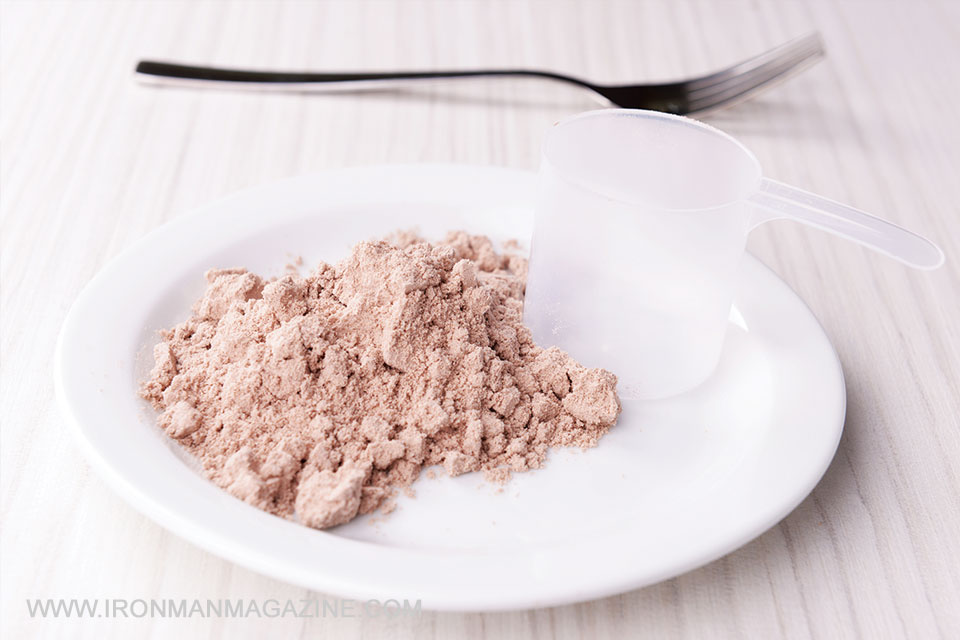


Ever wonder how much dietary protein you really need daily to impact body composition and muscle protein synthesis during periods of energy deficit (e.g., calorie restriction, like dieting)? Stefan Pasiakos and colleagues aimed to determine precisely that. Across 31 days, these investigators studied diets that provided protein at three different levels: 1) 0.8 grams/kg bodyweight/day (the recommended dietary allowance); 2) 1.6 grams/kg bodyweight/day; and 3) 2.4 grams/kg bodyweight/day. After 10 days of eating at a calorie point that allowed for weigh maintenance, the study participants underwent 21 days of a calorie-restricted diet at 40 percent below maintenance level. As a result of the calorie-restriction/energy deficit, all study participants experienced decreases in bodyweight, regardless of protein intake. However, when taking in higher amounts of protein daily (1.6 and 2.4 grams/kg bodyweight/day), there was less loss of lean body mass and greater loss of body fat mass, compared to a low daily protein intake (recommended dietary allowance). Overall, this study indicates that consuming dietary protein at levels exceeding the recommended dietary allowance during short-term periods of calorie restriction may protect fat-free/lean body mass and maximize body fat loss.
[Pasiakos, Stefan M., et al. “Effects of high-protein diets on fat-free mass and muscle protein synthesis following weight loss: a randomized controlled trial.” The FASEB Journal 27.9 (2013): 3837-3847.]






















You must be logged in to post a comment Login